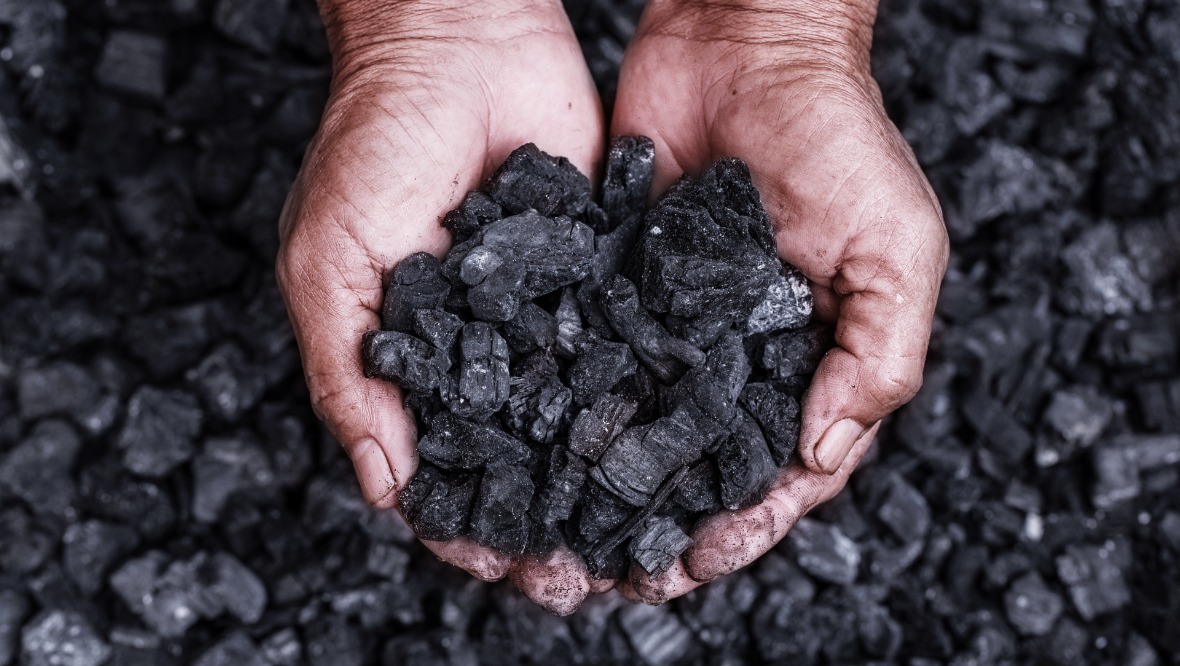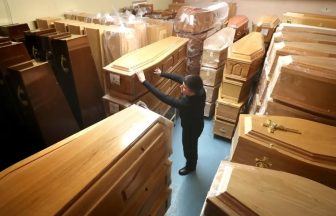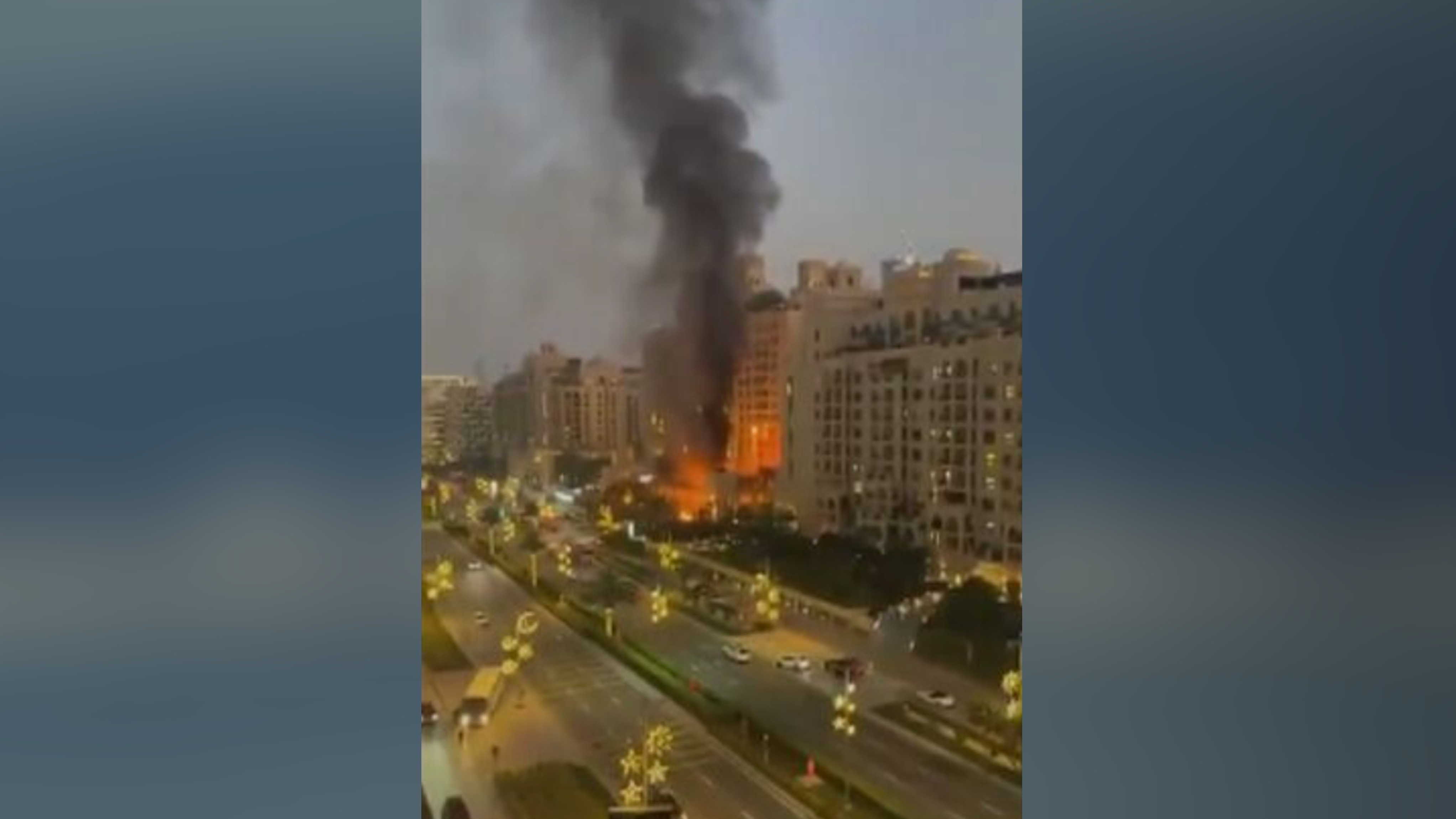The Scottish Government has been urged to ban house coal as part of environmental measures to “protect people’s health.”
Charity Asthma + Lung Scotland has issued a plea to Holyrood to go ahead with proposals to ban coal-burning as part of the Cleaner Air for Scotland strategy, which aims for Scotland to “have the best air quality in Europe.”
House coal was banned in England in May 2023, but Scotland’s reliance on coal to heat remote and rural homes is higher.
At parliament on Thursday March 27, Colin Smyth, MSP for South Scotland, asked climate action acting minister Alasdair Allan, MSP, a question in parliament to clarify whether the ban would be going ahead.
In his answer, Allan said evidence would be reviewed on the potential impacts on fuel supplies and costs in rural and island communities “where many people still rely on coal for heating their homes.”
Why do health campaigners want coal banned?
Coal is one of the most polluting substances to burn, especially within the home. It releases a number of airborne toxins and pollutants, including mercury, lead, sulphur dioxide, nitrogen oxides, particulates, and various other heavy metals.
Particulate matter is one of the most dangerous pollutants for human health. It exacerbates lung conditions like asthma and chronic obstructive pulmonary disease (COPD). It has also been linked to the increased likelihood of developing heart conditions, strokes, mental health issues and dementia.
Air pollution has been shown to cause cancers, with research showing that for every 10 µg/m³ of increased exposure to PM2.5, the risk of dying from any cancer rose by 22%.
House coal releases just under five times more PM2.5 than smokeless coal and wet wood releases four times more PM2.5 than dried wood. It produces almost 3,700 times more PM2.5 emissions than gas boilers.
According to Scottish Renewables, an estimated 14,000 homes in Scotland use coal as their main form of heating.
Neighbours’ coal fires leave asthma sufferer ‘gasping for breath’
 Asthma + Lung Scotland
Asthma + Lung ScotlandAudrey Glenn is 58 and lives in Dundee. She was diagnosed with asthma at the age of 22.
“Air pollution is a major trigger for me. I definitely smell the smoke from open fires and wood burners if they are on and if I go out into the garden.
“Sometimes when it’s really bad I have seen my garden full of smoke which obviously makes me cough, become breathless and I have to use my inhaler. My washing can smell of smoke too.
“I like to keep my back door open as much as possible as I have dogs, but quite often, I have to close it because of the smoke.
“There are a few people with open coal fires near where I live, as I’ve seen the coal being delivered. I’d like to see wood burners and the use of coal banned in cities because the houses are too close together. Wood burners and especially coal fires aren’t suitable for built-up residential areas.
“If you have a lung condition it’s not good at all, having to breathe in toxic air from burning wood or coal, gasping for breath. When I see the coal delivery lorry passing by, I think coal, that’s something my granny and great granny had!”
Joseph Carter, Head of Asthma + Lung UK Scotland said: “We understand that the cost of living is hurting the most vulnerable our society, but this does not mean that we should start rolling back on steps to protect people’s health.
“We have long understood the dangers of burning coal so as with smoking, we need the Scottish Government to bring in legislation to help protect us from harm. We have thankfully long moved on from a time where burning coal within the home was an absolute necessity.
“England banned the sale of house coal in 2023, so why are people in Scotland not protected?
“Burning coal is a source of toxic air pollution both inside and outside homes. It not only damages your health but also the health of your neighbours and the environment too. Everyone deserves the right to breathe clean air, and we need the Scottish Government to act now before more lives are cut short.”
A Scottish Government spokesperson said: “We have already made significant achievements in reducing air pollution. We are currently meeting all air quality objectives, reflecting a long-term downward trend in air pollution, with fine particulate matter (PM2.5) emissions decreasing by 58% since 2005.
“A move towards cleaner fuels must take place as part of a just transition whilst ensuring that no one is left in fuel poverty, not least for those in rural and island communities.”
Follow STV News on WhatsApp
Scan the QR code on your mobile device for all the latest news from around the country


 iStock
iStock


























